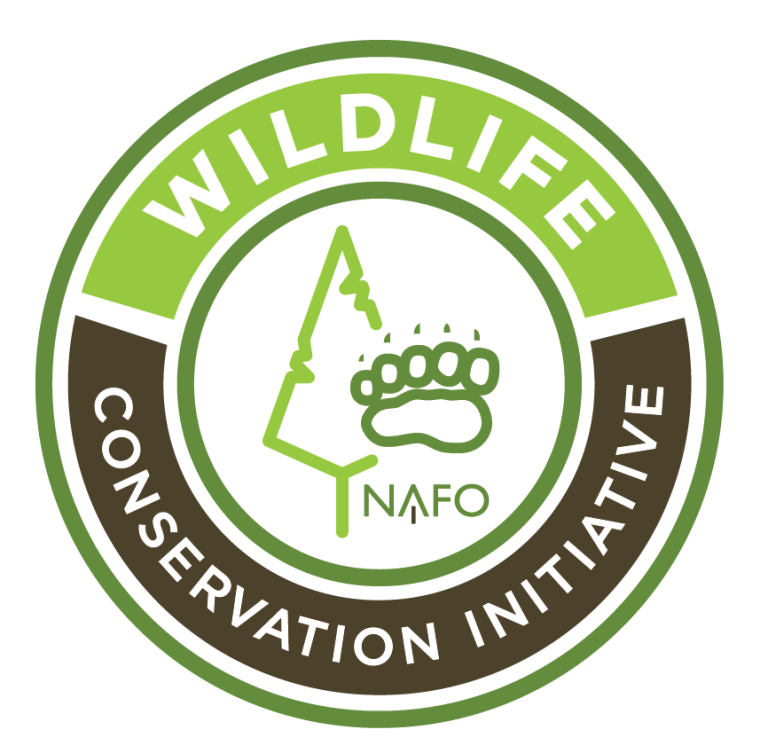 On Tuesday, The National Alliance of Forest Owners (NAFO), U.S. Fish and Wildlife Service (USFWS), and the National Council for Air and Stream Improvement, Inc. (NCASI), signed a memorandum of understanding formalizing collaborative efforts in implementing the Wildlife Conservation Initiative (WCI). The Initiative focuses on advancing the conservation of at-risk and listed species within private working forests nationwide.
On Tuesday, The National Alliance of Forest Owners (NAFO), U.S. Fish and Wildlife Service (USFWS), and the National Council for Air and Stream Improvement, Inc. (NCASI), signed a memorandum of understanding formalizing collaborative efforts in implementing the Wildlife Conservation Initiative (WCI). The Initiative focuses on advancing the conservation of at-risk and listed species within private working forests nationwide.
The partnership between these three agencies was announced the same day as the proclamation made by President Biden on conservation which highlighted the important role private landowners play, the need for utilizing better data, and the significance of sustainable forest management in achieving conservation goals. The WCI began as individual collaborations within certain regions grew enough to become an agency-wide initiative and model for engaging forest owners, federal and state agencies, and stakeholders in effective voluntary species conservation.
“By signing this MOU, forest owners are joining NCASI and the U.S. Fish and Wildlife Service in making a long-term commitment to the sustainable management of private working forests as a wildlife conservation solution,” said David Tenny, President and CEO of the National Alliance of Forest Owners said in a joint press release with USFWS. “As proud stewards of their land, private forest owners invest heavily in conservation efforts on their own. Our experience with the WCI has demonstrated that through proactive, voluntary participation and collaboration, we can leverage the insights, information and experience of private forest owners, conservation groups and the Service to achieve positive results for wildlife. We stand united with our Service partners, eager to continue our shared work to advance species conservation nationwide.”
Why is this important for GFA Members? For Region 4, the Southeast, NAFO members have already been working collaboratively with the USFWS to focus on understanding how Gopher Tortoises use canopy forests, documenting how sustainably managed forests are linked to species biodiversity, and identifying areas that important stop-over locations for migratory birds. Many of our GFA members that are private landowners will play a key role in providing important data on each of those topics as this Initiative advances.


